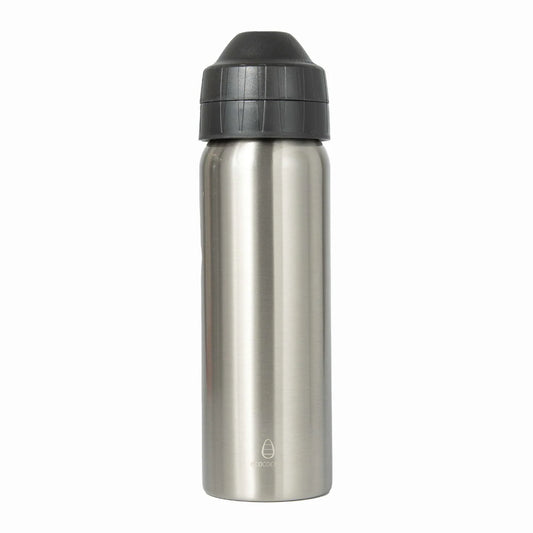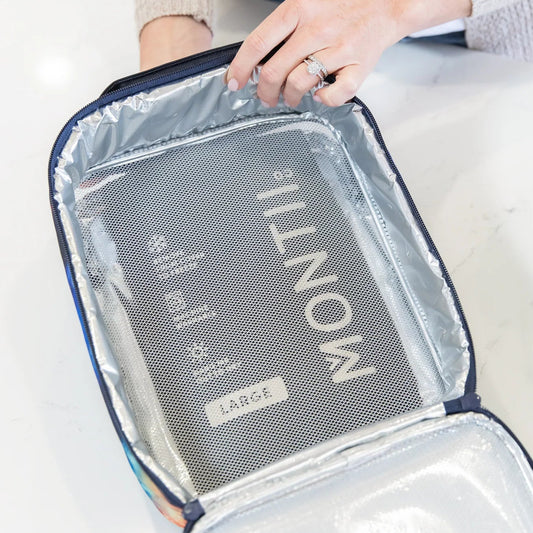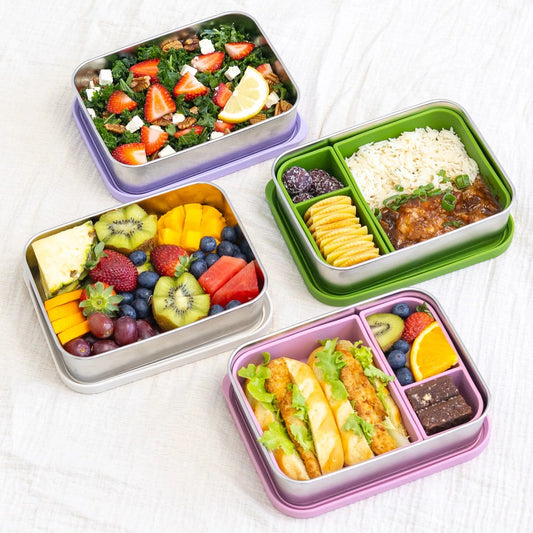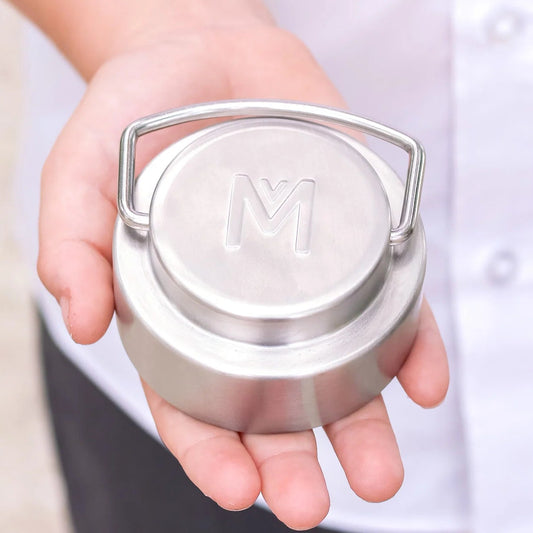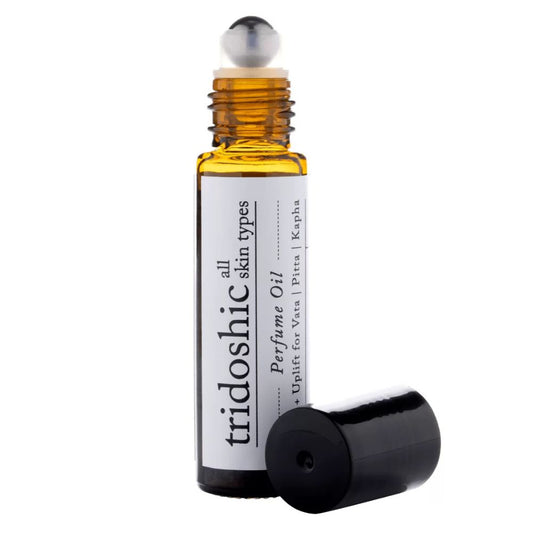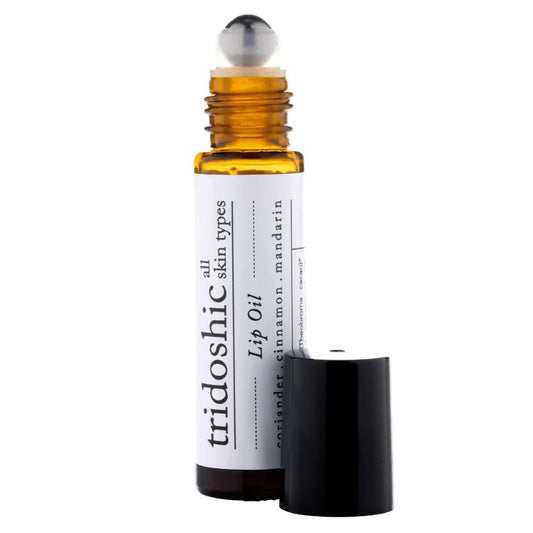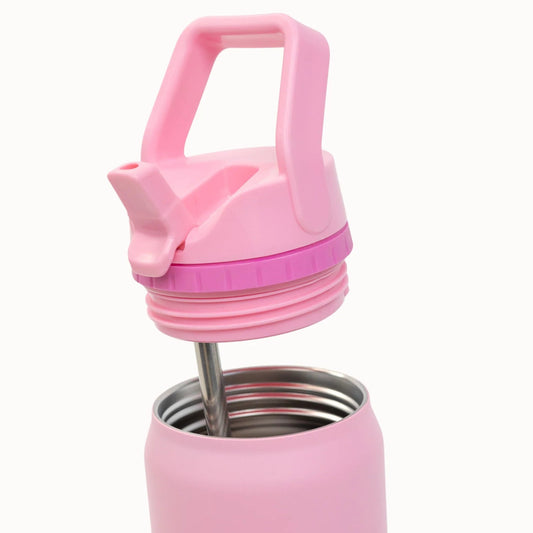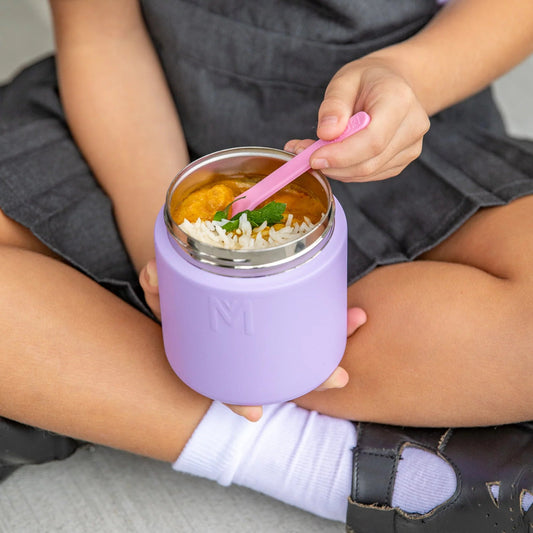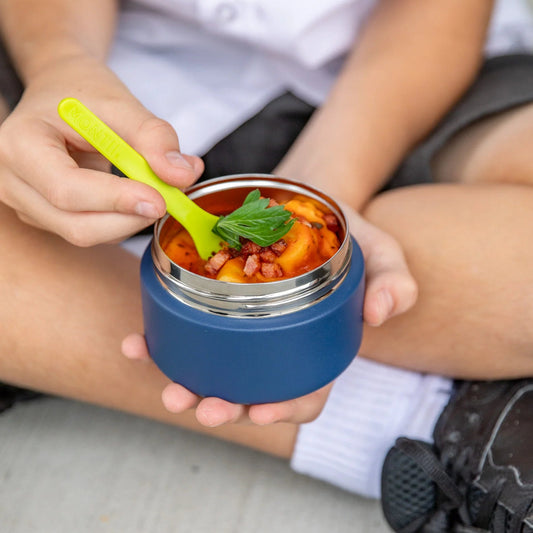Australian Made Fashion
Australian labels that are brave enough to challenge the status quo by manufacturing on shore face incredible challenges. One of the largest hurdles is the high cost of producing fashion ethically and sustainably in Australia. Jamie, one of the designers and founders of Tasmanian-made fashion label Seagrass Design explains, “Our biggest challenge is competing with fast fashion brands and their constant 50% off sales. We produce our products locally so we can ensure our garments are made in an ethical & sustainable manner with fair wages for everyone. This would simply not be possible if we had constant markdown sales.” When purchasing an Australian made garment, you are not only supporting the designer but also the team of people who were part of the garments creation. Melbourne-made label Farn is a perfect example of this, “My supply chain is all on-shore so it's important to know that when you purchase a Farn piece you're not just investing into my business, but at least 5 other local Melbourne businesses. From my fabric supplier, printers, graders and makers, every person plays a key role in my success.” Amanda Farncomb, founder and designer of Farn. This sentiment of supporting more than just the brand when buying slow fashion is also relatable to Tasi Travels, a brand born on the Sunshine Coast that has since expanded its production to include Melbourne. “During our second production run with Jimmy, he excitedly told me that because of our order he had been able to re-hire staff he previously didn't have enough work for. Hearing the excitement in his voice and that we had been able to provide work for local makers really hit home to me; as a business owner the decisions we make everyday really do affect people. The suppliers and manufacturers we choose to support can be the difference between someone having work or not. As I business owner I will always choose small businesses where I can, because I know how it feels when someone chooses to give me their business.” Jess Abraham, Tasi Travels FounderBrisbane Fashion
Making in Brisbane presents another huge challenge due to the fact that there is basically no garment manufacturing industry here. This is an issue faced by Mosov Organic founder Caroline Ochoa, whose garments are sewn and printed in Brisbane. “Australian made brands pay Australian wages for labour and material. The hardest challenge for us is to convince consumers that, after paying for low, often below living wage prices from overseas, the extra cost of paying Australia's fair working wages is worth it. There is also the challenge that garment manufacturing is almost completely dead in Brisbane and there is a shortage in skilled machinists within the younger generations. Local brands are keeping these skills alive and local! By supporting local brands, we are keeping manufacturing alive in Australia, and keeping jobs going for our fellow Aussies.”Printing Fabric in Australia
Another element to consider is the process of dying and printing fabric on shore. A lack of industry once again presents a huge challenge to those who decide to have this work done within Australia, however those who do are able to form strong relationships with their printers and become more involved with the process. Melbourne born label Nya is not only sewn locally, but also printed using traditional screen-printing methods with the safest non-toxic water based pigment inks available. “We work closely with our small team of craftspeople to ensure our garments are made as ethically and efficiently as possible. We are often on hand to adjust and refine details during the production process.” Supporting the dying and printing industry in Australia by investing in fashion that has been made here is crucial to its survival. “Traditional commercial screen-printing is a dying art and a very expensive process. Without supporting local Australian factories they will close and we will loose all our expertise in the fashion industry.” Fleur, designer and founder of Nya. Whilst printing on shore is more expensive, it also creates garments with a point of difference and a unique story. “My main challenge is trying to keep my prices competitive in a very value-driven market. Farn pieces are screen printed by hand which is both time consuming and expensive, but it's also what makes my brand different and allows me to work with a family-run, local printing business.” Amanda Farncomb, founder and designer of Farn.The Future of Fashion in Australia
Despite the challenges, there are still so many positives to be found for Australian made labels. As consumer awareness and appreciation grows, the industry too will begin to flourish. Farn's founder Amanda is enthusiastic about industry growth, “The future of Australian-Made Industries is certainly looking better than it did a decade ago and this is mostly down to a shift in consumers consciously seeking out 'Australian Made' so it's a very exciting time for me. I look forward to adding greater transparency on my supply chain in the coming months that aims to challenge the value-driven fashion market and show you why you should be supporting Australian Made.”Shop Australian Made Fashion
Visit the following links to discover Biome's range of locally designed and made fashion labels, and support our home-grown heroes!





